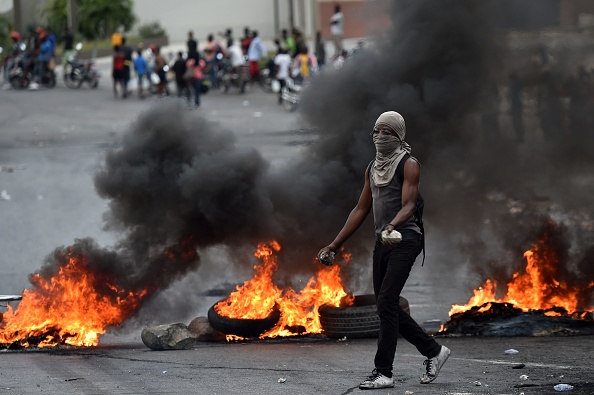MFP Responds to Health Crisis in Haiti
In addition to charges of corruption, the Haitian government has been ineffective in preventing soaring inflation rates, strengthening a markedly devaluated currency, and ensuring a justice system that protects innocent civilians. Most Haitians are now face with insufficient funds to buy food which has tripled in price. As the violence escalates, a growing health crisis has emerged within an already fragile public health system. At present, roadblocks prevent health personnel from getting to work and block the delivery of essential drugs and medical supplies, as well as critical food and fuel to the countryside. The result: we are treating more patients and have fewer resources with which to care for them. The Medicine For Peace women’s health clinics have not closed their doors since the civil unrest started. However, the blockade of the road from Port-au-Prince to Gonaïves has essentially stopped the flow of essential medicine and supplies over the past two months.

The Board and staff of Medicine for Peace are alarmed about the worsening political and economic situation in Haiti. We have taken steps to ensure the well-being of all staff and volunteers working in Haiti. At the same time, we are increasing our efforts to continue to deliver high quality health care to the Haitian people who are dependent on us during this crisis.

